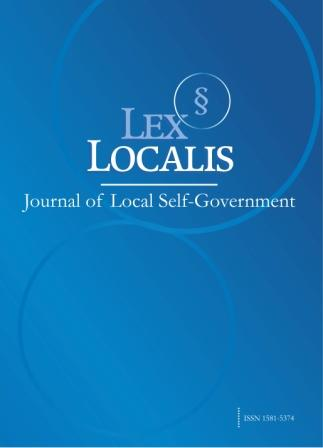SAUDI FACULTY STAFF'S CRITICAL THINKING ABILITIES AND EDUCATION GAPS: A STUDY OF PERCEPTIONS TOWARDS AI IN EDUCATION
DOI:
https://doi.org/10.52152/Ključne besede:
Education, Artificial intelligence, Vision 2030, Critical thinking abilities, Ethical challenges.Povzetek
AI has drastically changed the interplay of education, international cooperation and the global development of societies. This is a descriptive-analytical study of the relationship between AI and education in four educational settings across Saudi Arabia to analyze how AI interventions affect critical thinking in faculty staff. AI, as we know it in its current avatar,has become an enormously influential force in the knowledge sector, as it enhances the learning experiences, helps design learner-centred curricula, and develops critical thinking and creativity in learners. The study findings are relevant to realisingthe Vision 2030 goals in education. The results indicate that engagement with AI applications in education is regarded to have no effect on faculty staff's critical thinking in the Saudi context. However, many challenges can be overcome too, such as the digital divide, algorithmic bias, and data privacy issues. Despite these cons, the study concludes that AI can be a powerful tool to enhance education, which is reflected in the participants' strong optimism about AI's role in shaping the future of education. However, with the surety that there is adequate transparency, equity in access, and ethical frameworks in using these technologies fairly and effectively.
Prenosi
Objavljeno
Številka
Rubrika
Licenca
Avtorske pravice (c) 2025 Lex localis - Journal of Local Self-Government

To delo je licencirano pod Creative Commons Priznanje avtorstva-Nekomercialno-Brez predelav 4.0 mednarodno licenco.








